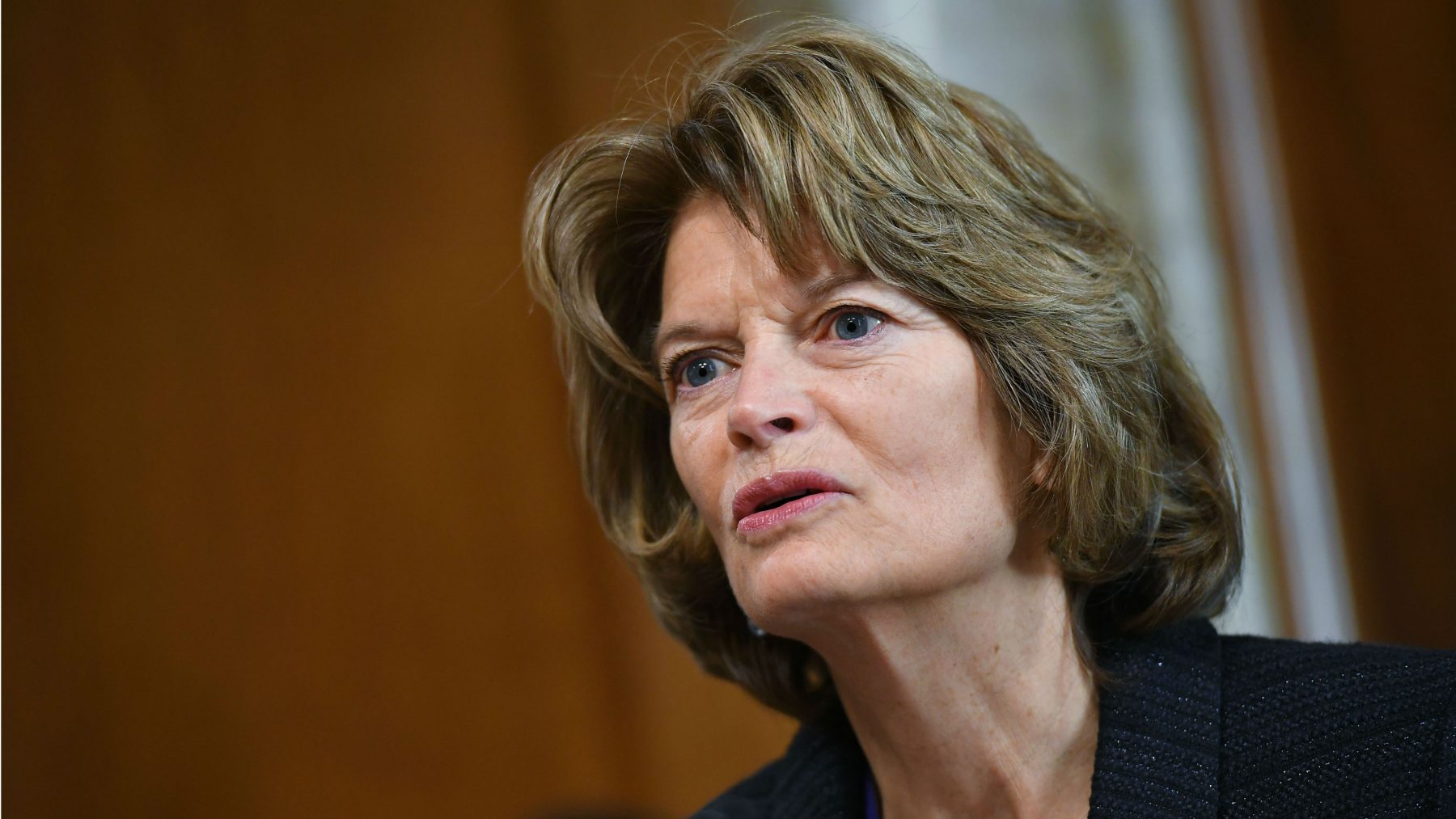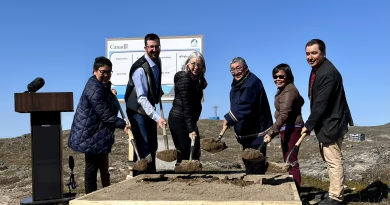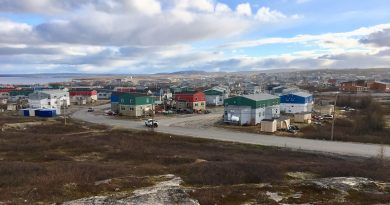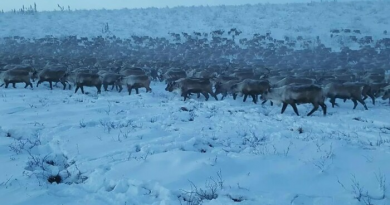Alaska’s Senator Murkowski focusing on innovation, not policy, in fight against climate change

Sen. Lisa Murkowski is talking about global warming more than ever these days. While the Green New Deal is a lightning rod in Congress, Murkowski says she’s reaching for what’s politically possible.
Among the big goals included in the Green New Deal is to transition to energy sources with zero emissions, within a decade. Murkowski takes a more measured and less specific approach.
“We propose that we focus on these technologies that will allow us to get us to a lower carbon economy reduce our emissions but do so in a way that is responsible that is sensitive to the economy,” she said at a recent oil industry conference in Houston.
I'm at #CERAWeek to take part in a discussion of the future of the energy industry w/ leaders from around the globe. @Sen_JoeManchin and I sat down w/ @DanielYergin to highlight what the U.S. Senate is doing to lead on energy policy & innovation, cybersecurity & mineral security. pic.twitter.com/8SmxvNmGsC
— Sen. Lisa Murkowski (@lisamurkowski) March 12, 2019
As chair of the Senate Energy Committee, Murkowski is a regular at the annual conference, known as CERAWeek. By her side this year was the new top Democrat on her committee: Sen. Joe Manchin of West Virginia.
He’s a champion of coal, and she’s a fan of more oil production. No one expected they would focus on climate change. But they have. It’s been a recurring theme in their hearings, and they co-authored a March 8 opinion piece in the Washington Post headlined “It’s time to act on climate change – responsibly.”
“I said, ‘Why don’t we put this out before CERAWeeek, so they know that this is real,’” Manchin recalled.
Climate change in Alaska
Murkowski seems comfortable talking about the need to reduce greenhouse gas emissions. At a recent hearing in her committee, she put up maps of Alaska and talked about the diminished sea ice and the thawing of permafrost.
“In Alaska, we view that there is no choice here,” she said. “In the Arctic we’re seeing warming at twice, over twice the average of the rest of the Lower 48.”
Manchin sounds like a senator still working to convince his constituents of the science, that manmade climate change is real.
“If you come from a red state such as West Virginia, a lot of people talk of climate change as being basically in Biblical terms. ‘It’s always changing and it will continue to change,’” Manchin said, outlining his counter-argument to that skepticism.
Slashing carbon emissions, not fossil fuel production
Like Murkowski, Manchin talks about developing new technologies to reduce carbon emissions, without drastically cutting back on fossil fuel production.
“We can do a lot more. But we have to use what we have,” he said. “We’re not going to eliminate. We’re going to innovate.”
Murkowski and Manchin talk about developing ways to capture carbon, as well as improving renewable energy and nuclear power. But some policymakers and many environmental groups say innovation alone won’t work fast enough to prevent catastrophic climate change. They say the U.S. has to limit or tax carbon.
Murkowski sees danger in moving too fast on climate.
“I appreciate the urgency. I understand that,” she said. “But I also recognize that we have to work within the systems that we have and we need to make sure that we’re not destroying our economy at the same time that we’re trying to work toward a lower-carbon economy.”
Senate Majority Leader Mitch McConnell has promised a vote on the Green New Deal – not because he likes it, but to force Democrats into an uncomfortable vote on an issue he considers a loser.
Murkowski says political pigeon-holing and finger-pointing on climate isn’t helpful. As she sees it, the debate about the Green New Deal distracts from the effort to find more pragmatic solutions.
Related stories from around the North:
Canada: Public hearing on oil and gas development in eastern Arctic begins in Iqaluit, Radio Canada International
Finland: Stricter mining regulations and oversight needed in the Arctic, Finnish report says, Yle News
Norway: Norway expands Arctic drilling while promising emissions cuts, The Independent Barents Observer
Russia: Russia’s Rosneft considering pipeline to boost shipping on Northern Sea Route, The Independent Barents Observer
Sweden: Sweden will need bold actions to reach climate targets, Radio Sweden
United States: Drilling opponents in U.S. House launch bill to close ANWR, Alaska Public Media



